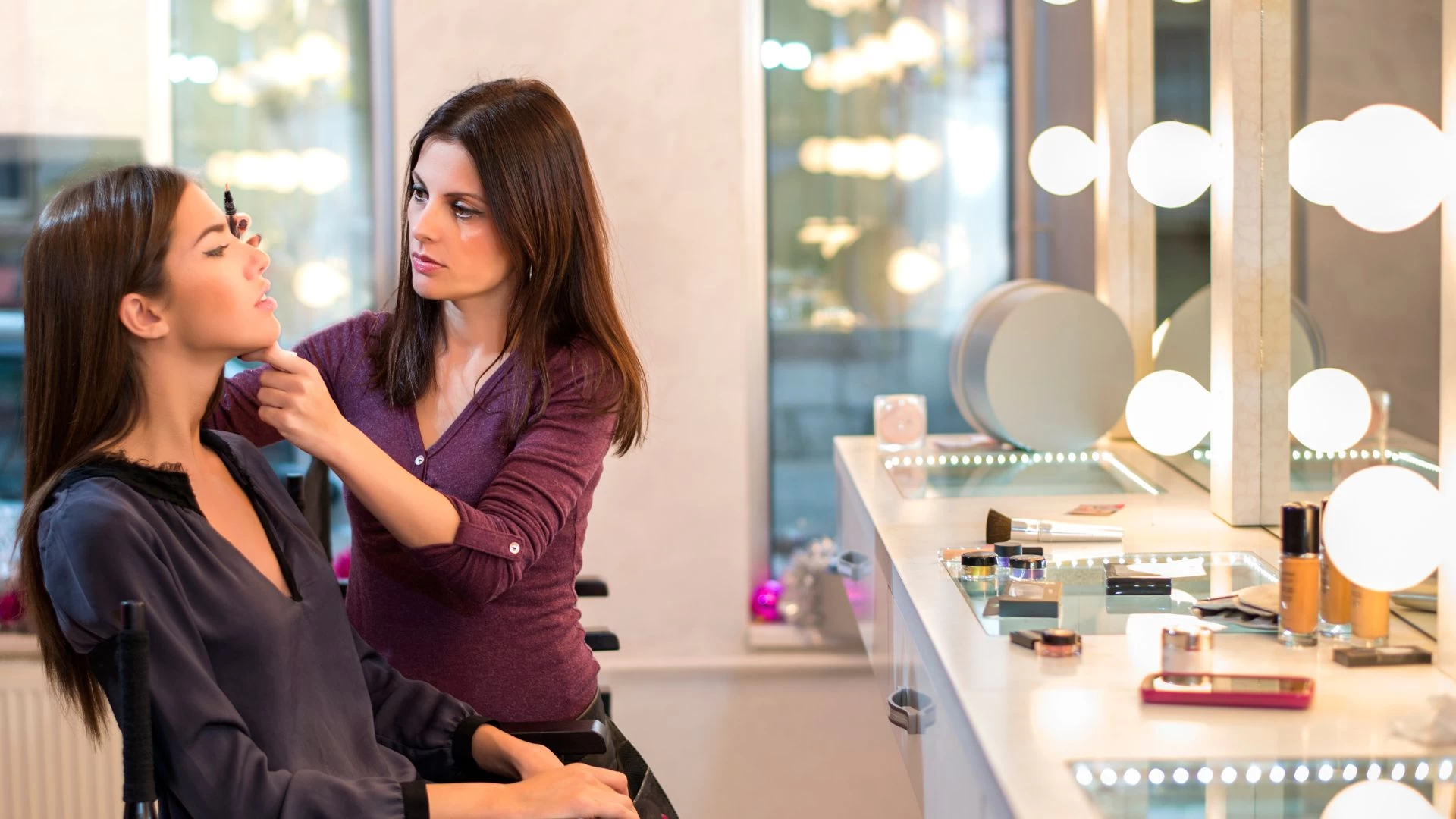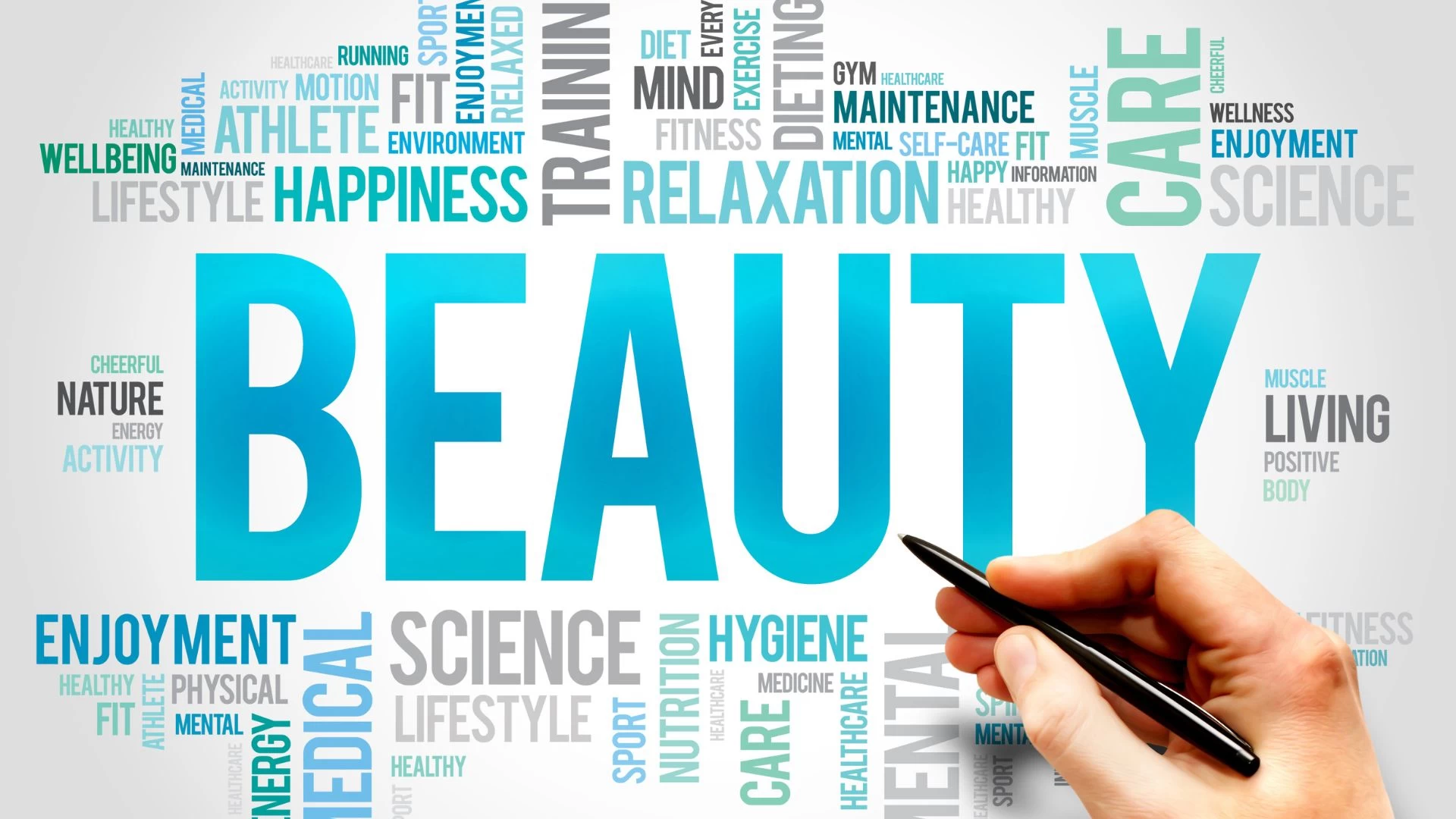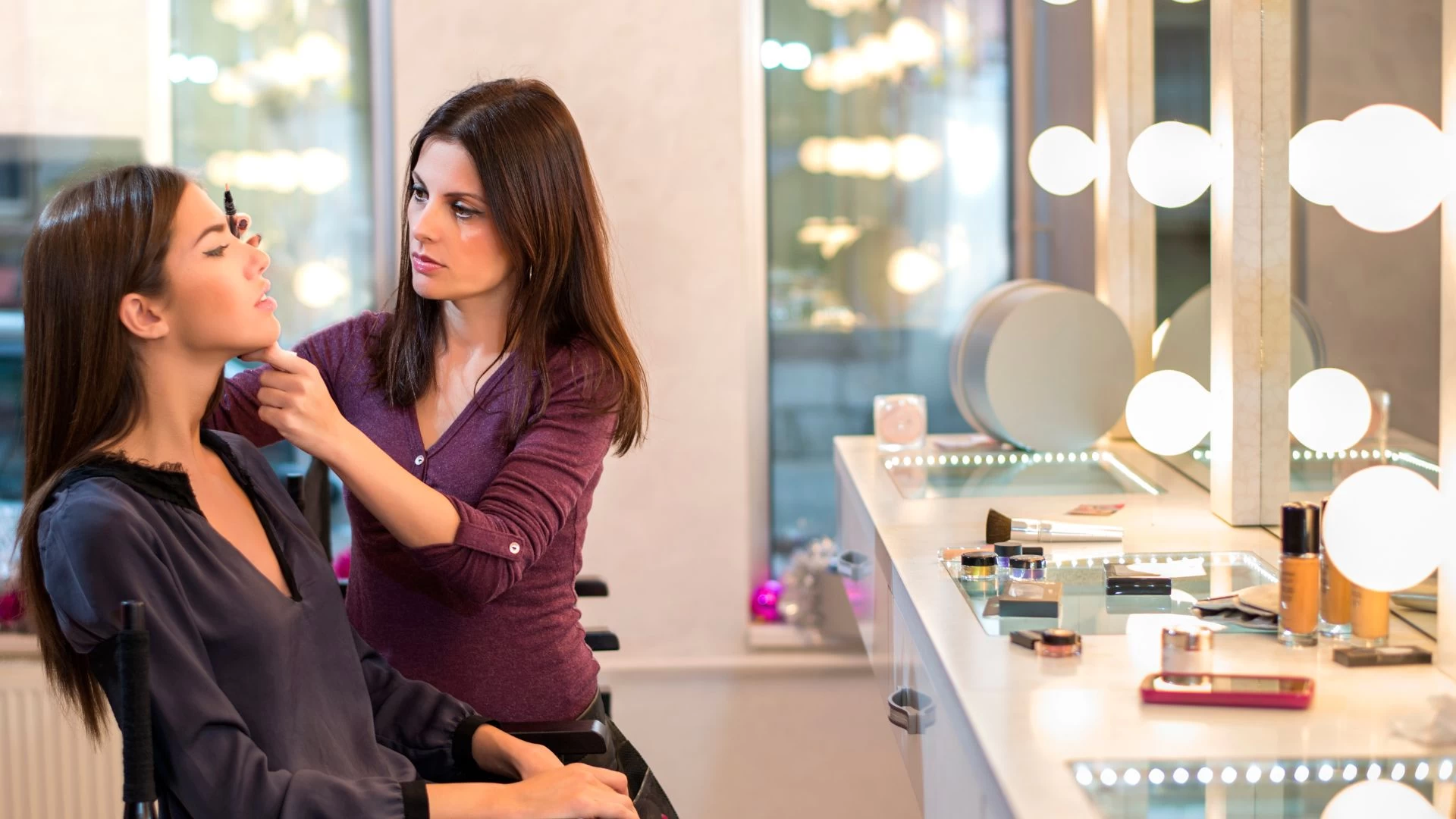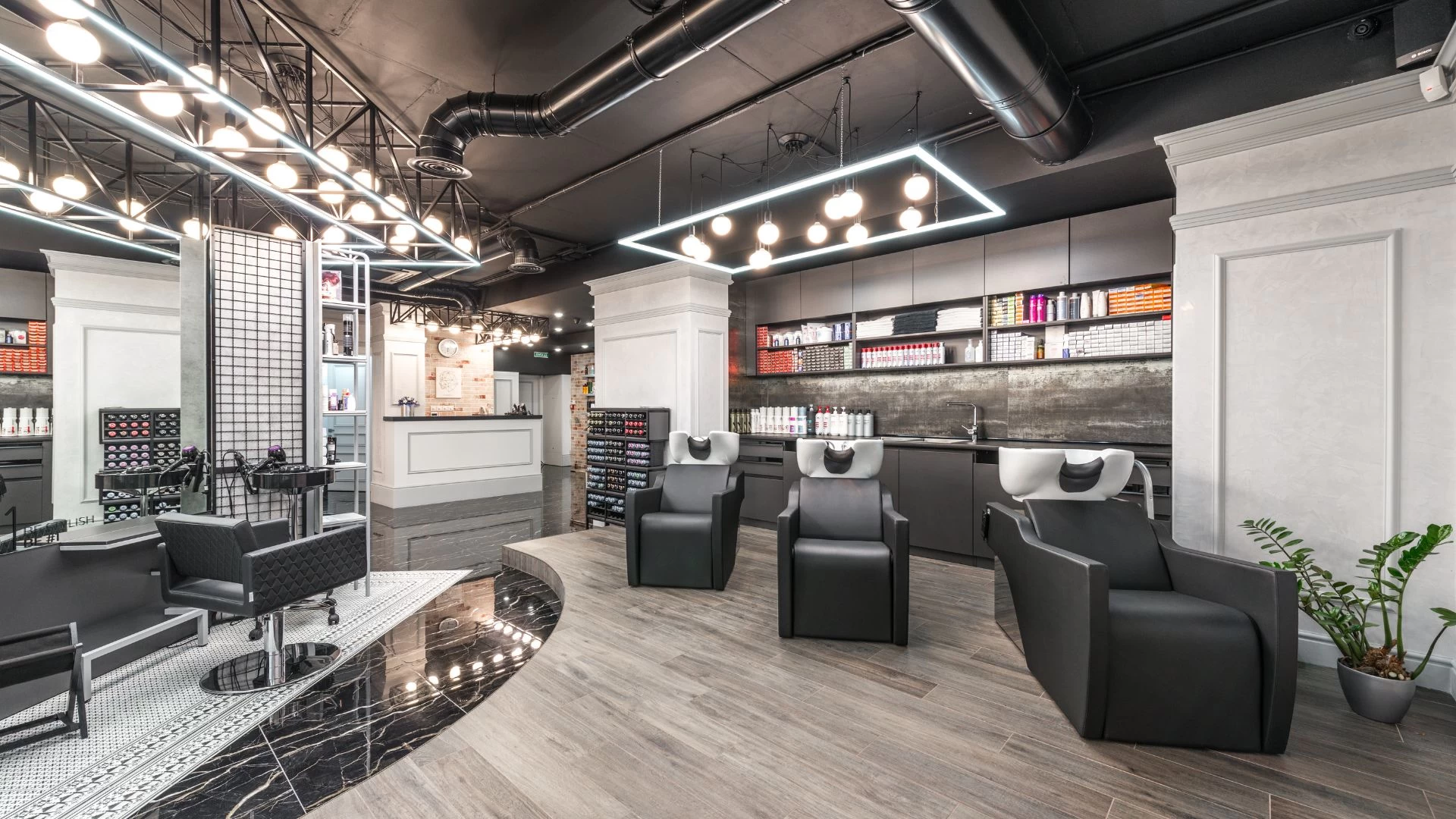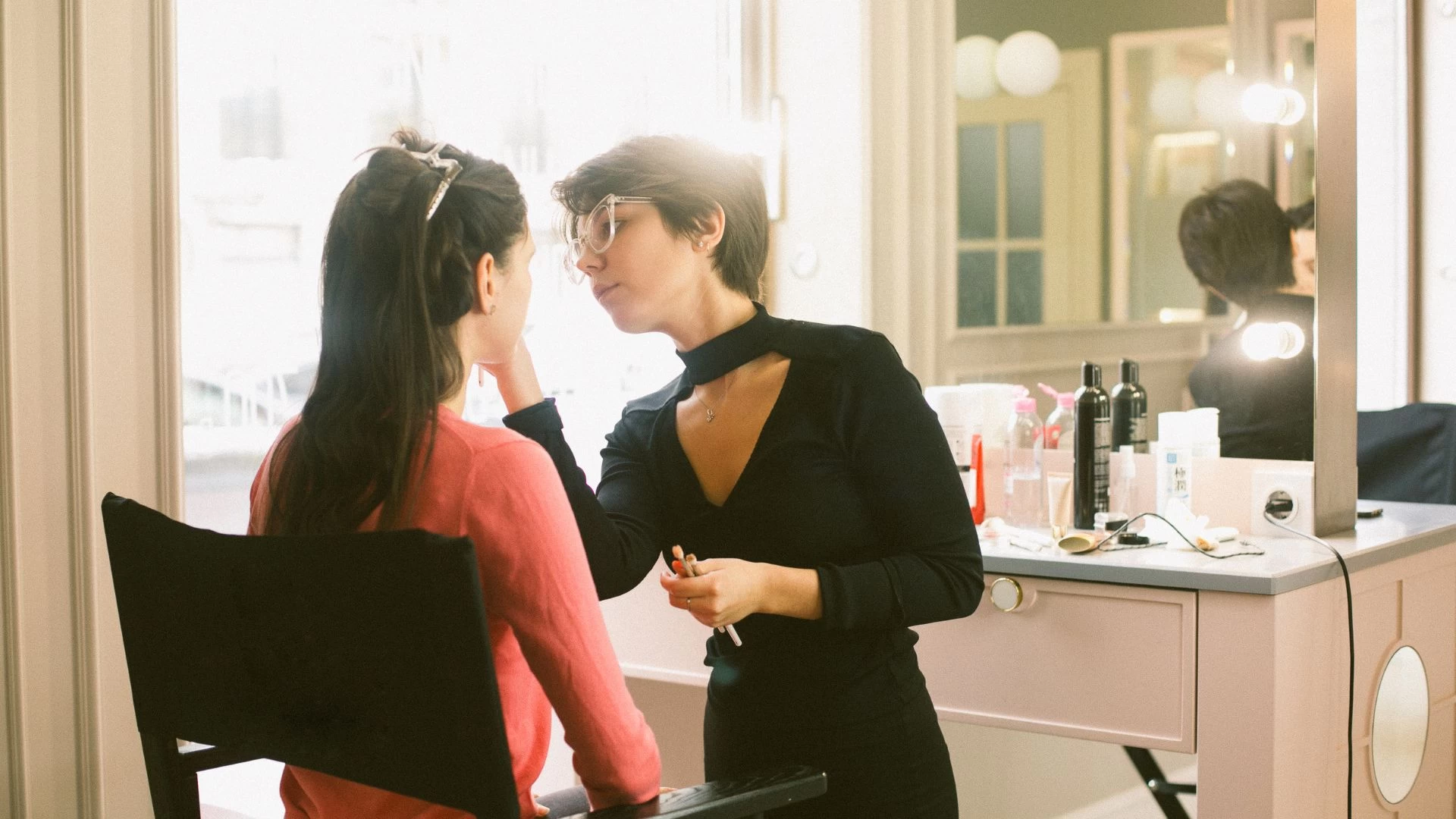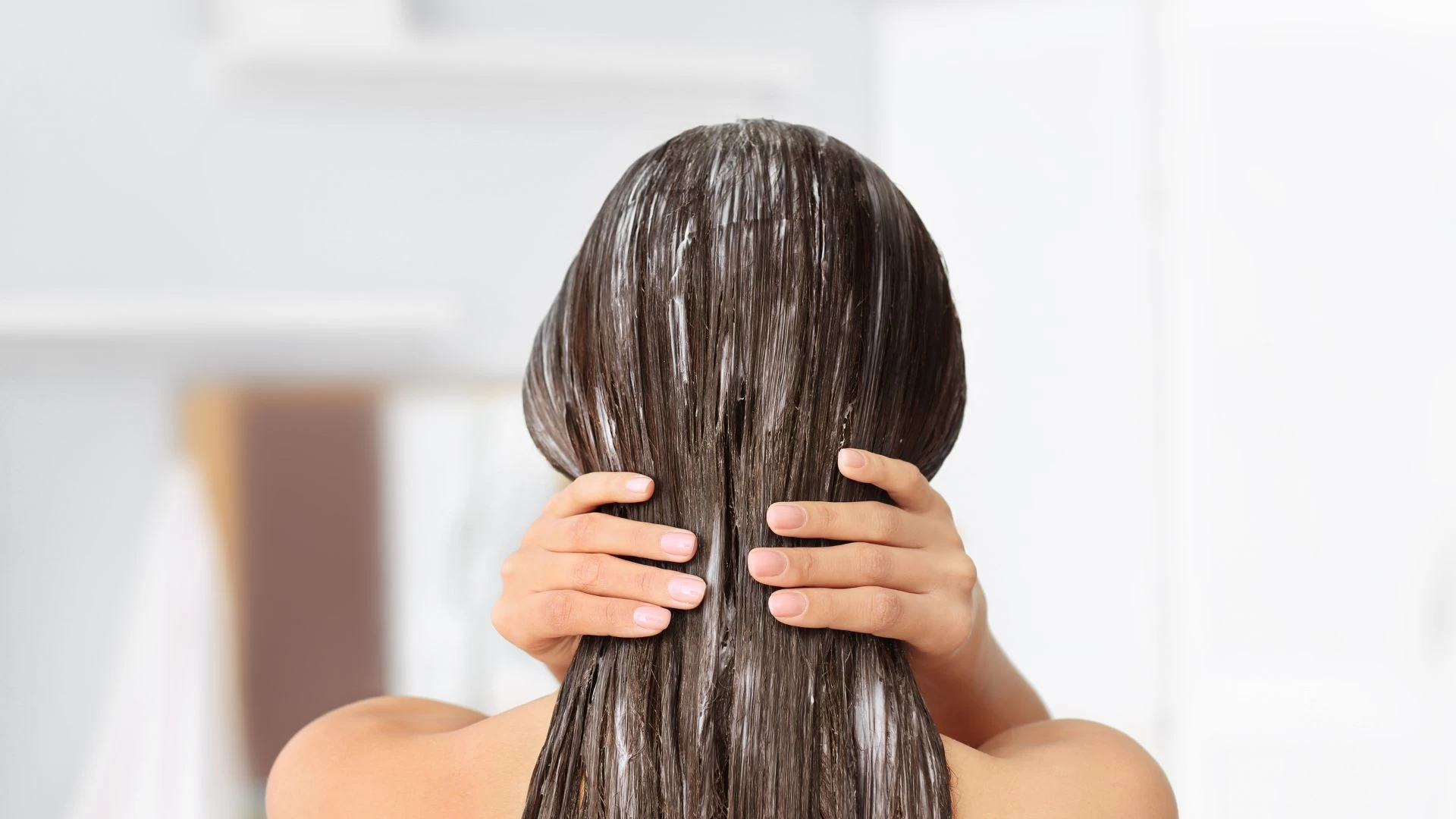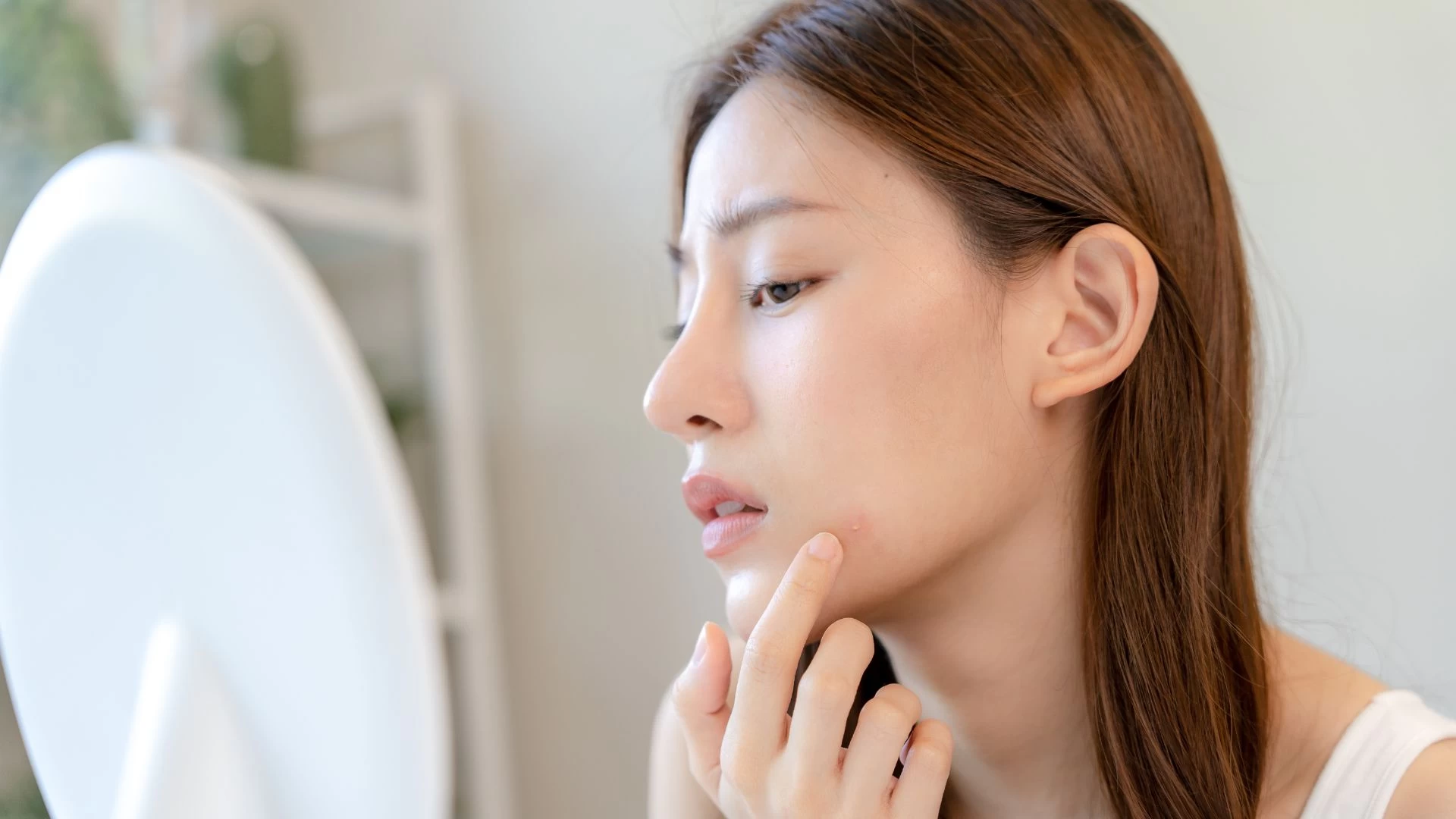How to Get a Job in the Beauty Industry
October 18, 2024
How to Get a Job in the Beauty Industry
Getting a job in the makeup industry is not only about knowing how to apply the perfect smokey eye; it’s about building a solid foundation of skills, certifications, and professional experience. This guide will walk you through every step needed to turn your passion for makeup into a rewarding career—from choosing the right path to building your portfolio, and even launching your own business. Whether you're aiming to work for a renowned beauty brand or become a sought-after freelance artist, this guide has you covered.
How to Get a Job in the Makeup Industry
Step 1: Evaluate Your Passion:
Understanding True Commitment: To banter about an interest in cosmetics or join the beauty industry, one must set apart strong passion from random preferences. This self-assessment makes you realise that you are willing to bring in the amount of time you need, as the process of becoming a successful professional is a lifelong process.
Engagement Beyond Hobby Level: If you apply makeup not only for fun but also try to know some technologies, tools, trends, this can mean high chances for getting a job in this sphere.
Creative Expression: We can state that makeup artistry is extensively and primarily based on creativity competence. Designers and other professionals must imagine hair styles, play with the shades and strokes, and more importantly, adapt. If you feel excited about art and especially makeup, this passion can easily help you become a great makeup artist.
Detail Orientation: Beauty industry is one of those industries where details matter most. Details like skin undertones or even the effects of trying to blend are not easy aspects to pick and they can really make or mar the complexion of your work. Reflected self-approach can help determine how perfectionistic one is by asking questions about how particular one is in other aspects of existence.
Client Relationship Building: First and foremost, makeup artists, therefore, have to interact with the clients responding to their needs, expectations, and wants. Determine whether you like to communicate with other people and whether you have the ability to listen to and comprehend clients.
Patience and Empathy: Some of the key interpersonal attributes that everybody should take to work especially when dealing with clients highly demanding and may involve service. Think about whether you can address different personalities and stay positive no matter the circumstances. These additional, ‘‘soft’’, measures can make the environs of the clients more comfortable and yield better results.
Keeping Up with the Fast-Paced Environment: There is always an innovation or a change in the beauty industry in which consumers have a quick turnover rate. Established makeup artists should always be ready to change quickly and more often, you are likely to define, change, or even adopt different methods of making your makeup, or even a change in the makeup products, or change in the makeup styles. To what extent are you motivated and prepared to learn more and adapt to various changes?
Handling Pressure: Professionals, who are working as makeup artists, usually have to work in conditions that are very performant or time-sensitive including fashion shows, weddings or photoshoots. Evaluate your stress tolerance and this is because there may be times when the pressure is high and someone is expected to deliver quality work in those times.
Eagerness to Develop: The makeup industry is fast-growing, and artists practising it must be able to participate in a series of workshops, classes or other events. If you are a person that learns better as they grow and progress with their job, this will prove to be a real boon in your line of work.
Incorporating Feedback: It is always good when people as well as other clients can give you constructive criticism, which will help make changes and adapt throughout the career.
Step 2: How to Make the Right Career Decision in the Field of Beauty
What can be said about the beauty industry, it is universal, versatile and full of potential. It will also be easier to decide what kind of job you want to do in the future if you have a clear understanding regarding the roles that exist in the working environment. Here are some of the primary options:
Makeup Artist:
Areas of Focus: The specialists in cosmetic application can decide to specialise on the following areas:
Bridal Makeup: Hence working with brides to ensure they get the desired look in as far as the wedding day is concerned.
Fashion Makeup: Sponsoring designers and models for their fashion shows, look books and photogenic sessions.
Editorial Makeup: Designing outfits for magazines and publications where concepts may be either artistic or avant-garde.
Special Effects Makeup: Developing specialisation on the concept of achieved impacts like injuries, monster, and overall character transformations for the purpose of Film or theatre.
Client Interaction: A career as a makeup artist requires strong interpersonal skills, as you’ll be working closely with clients to understand their needs and preferences.
Beauty Therapist:
Skin Treatments: Specialised treatments such as facials, dermabrasion and chemical peels that are used in treatment of skin complaints.
Body Treatments: Health related products such as beauty products, body scrubs, and massage.
Cosmetic Care: Other procedures include waxing, threading and nail treatment.
Environment: Beauty therapists usually are employed by hair salons, spas or beauty health clubs, creating a very calm atmosphere and majorly dealing with the comfort of the customers.
Cosmetic Chemist:
Role Overview: Beauty technologists are people who do not necessarily represent or market cosmetic brands but formulate and conduct experiments on cosmetics.
Skills Required: This position must have knowledge in chemistry or a related field, however your activity would involve devising products, carrying out tests for safety and effectiveness and other regulatory activities.
Product Development: This position is ideal if you have interest in science and want to engage in trends and new products on the market.
Beauty Consultant:
Client Education: The beauty consultant is an independent professional who can work in a shop or salon, or individually to give advice to customers about makeup and skin care products.
Sales Focus: Apart from the consultation a beauty consultant may work on increasing sales by offering products and presenting how to use them. Effective communication is important in relation to imparting knowledge to the clients.
Step 3: Education and Training
Education and training are divided into two main categories depending on the level of education; and the second depending on the availability of opportunity.
Makeup Courses:
Overview: A responsible number of vocation & beauty educational establishments provide different courses in makeup artistry which are created to prepare students.
Techniques: Acquiring knowledge about makeup applying techniques depending on the events, wedding, fashion, or editorial jobs.
Colour Theory: Learning about colour and how it should be selected and mixed in order to flatter certain aspects of a person’s face and create a specific image.
Product Knowledge: Learning of makeup products such as foundations, eye shadows and tools of makeup and their purposes and how they are applied.
Certification: Upon completion of these courses, one is awarded a certificate that offers market recognition which boosts one's employment in the industry.
Diplomas and Degrees:
Cosmetic Chemistry:
Degree Requirements: As for the positions like cosmetic chemists it is obligatory to have an academic degree in chemistry or any other related sphere. This might require having education in a bachelor's degree so as to get basics in science which is useful in coming up with the beauty products, or just enhancing beauty as it’s known.
Specialisation: Also, professional degrees or postgraduate courses can take knowledge to the next level of sophistication in order to create cosmetics, assess risks, and learn about legislation.
Beauty Therapists:
Diploma Requirements: In general, for budding beauty therapists there exists a requirement for a diploma in either beauty therapy or esthetics. Most programmes combine both theoretical and practical aspects of the course curriculum focus on skin care, body treatments and customer service skills. Why Get a Diploma of Beauty Therapy
Licensing: In many regions, beauty therapists need to take licensing tests or gain certain licences before they can do their job.
Online Courses:
Flexible Learning Options: Online platforms can easily be embraced bearing in mind that they are a one-stop centre for learning that may not be easy to be locked down in traditional school settings.
Courses Available: Some facilities, for example, Makeup School Sydney, offer in various choices, and completely online or online with practical sessions.
Accreditation: It is important to ensure that the online course or program offered has an accreditation. Accreditation simply means that the education you receive bears standards required in the intrinsically linked fields, hence the advantage within a job market and recognition.
Step 4: Regulatory Compliance:
Regional Requirements: The required education and certification may also be different depending on the specific location. This should make it infinitely easier for those considering to come up with the right approach based on the legal provisions contained in their state or country.
Official Resources: Being a part of the official government websites or the industry association would be helpful to obtain the most recent details related to certifications required and the courses accepted by the industry.
Step 5: Building a Portfolio
Portfolio is a reliable asset for any makeup artist, yet it elevates you to another level when you are in competition with other job seekers. Here’s how to build a compelling portfolio:
This can best be done to friends, family or through volunteering for various functions in the community.
Take pictures with different outfits and poses in order to demonstrate variation. It is essential to show how to produce simple makeup and makeup with the accent on walk through to original appearance.
Make an account in Behance or Instagram to have personalised portfolios. Pictures need to be clear to ensure the target audience comprehends what you are stating, and this is why working with local photographers will help boost your images.
Step 6: Communication and Getting Experience
The phrase, ‘It’s who you know not what you know’ could not be truer than in the beauty business. Networking can guide you, advise you and provide you with employment. Tips for networking include:
It is required for businesses to participate in beauty trade shows, as well as workshops and seminars.
Join beauty communities, beauty forums, or beauty social media groups.
Intern with other makeup artists or even with beauty product companies.
Things to Consider When Choosing Your Part
Personal Strengths and Interests: Consider your strengths with which you were born and your career interests. Thinking of where your heart lies – where you need to be involved with clients, creativity, science or consultant.
Work Environment: Think about where you thrive. What environment might you choose: a social salon environment, or a more ‘clinical’ spa, a corporate-appearing laboratory, or a retail business? It is clear that the environment would have an effect on the job satisfaction levels.
Job Satisfaction: Assess what makes you feel fulfilled in your work. Some people thrive on hands-on work with clients, while others find satisfaction in creating formulations or advising clients on their beauty routines.
Career Longevity and Growth: Investigate the career trajectory within each role. Some paths may offer advancement opportunities, specialisation, or the ability to branch into related fields. Consider industries' stability and growth prospects when deciding.
Developing a Personal Brand and Starting Your Own Makeup Business
Define Your Specialty and Style:
Discover what sets you apart in this beauty business. It does not matter if you are focused on bridal makeup, editorial makeup, special effects makeup or any other area; narrowing your focus area makes it easy to state where you market lies.
Utilise Social Media:
Ensure you put up on Instagram or Tiktok, your work often to reach out to more of the population. Post nice messages that are in your tone, and in the area you practise, as this will be handy to increase visibility by using hashtags. Engagement with the followers will help create a social networking feel and help bring back customers.
Maintain a Professional Online Presence:
Build a professional website with samples of work, positive review from the customers, and brief business details. This acts as a focal point of your brand, thus enabling potential clients to access your work then contact you for services.
Stand Out in a Competitive Market:
Having a strong personal brand can help you to become associated with some type of makeup or certain type of service. It can build recognition and trust in your skills when you are consistent in the wording you’re using and the visuals you are sharing.
Practical Experience:
1. Volunteer for Events
It is possible to hone your skills in volunteering with weddings, fashion shows, or any local event where people gather. When you offer a makeup service in such events, you are in touch with actual life situations that are essential in such a career. Volunteering allows you to:
Showcase Talent: Take the opportunity to show your skills on different sorts of occasions and in different styles of makeup services.
Gather Feedback: It means that staying with different clients and working in different settings helps one to correct and develop appropriate skills in relation with the clients’ wants.
Expand Your Portfolio: Capture the effort you put as you complete your tasks during events with appropriate photographs. Similarly, cooperation with the photographers can also help to expand the range of your makeup samples.
Still wondering which course is the perfect fit for you?
Explore Makeup School Sydney for top-rated courses that can set you on the path to success:
Take the next step in your career today and turn your passion into a profession!
FAQ
What shall I do to be up-to-date with current trends and methods?
Answer: Read magazines, follow industry leaders, attend seminars, join classes, and get subscriptions to beauty magazines.
2. So…where does a complete novice go to find makeup jobs?
Answer: There are so many steps one has to follow; begin with the establishment of local contacts and doing makeup for friends and other kin, submit applications for positions of beginners in salons, in makeup departments, and spas. They should check for internships and job openings from official practising sites.
3. A makeup artist and a beauty therapist: What is the difference between the two?
Answer: A makeup artist specialises in applying makeup for occasions, fashion, film, or personal consultation, whereas a product will be offering beauty therapy services like facials, body treatments, skin care therapies.
4. What can I do on social media to advance in the makeup profession?
Answer: You can have Instagram, TikTok, Pinterest accounts, where you can present the actual samples of works. Converse with your followers, advocate for beauty tips, consider the hashtags, and work with other beauty lovers (influencers).
5. How much should I charge as a freelance make-up artist?
Answer: To get right pricing, it’s recommended to conduct a survey on the standard rates around and think about some aspects such as experience, geographical area, and type of the makeup services you offer. Begin with the realistic price level and then lower it, as you become more experienced or get more visibility.
6. How can a freelance makeup artist manage his or her schedule?
Answer: They should employ technology such as calendar and appointment applications, client management, and accounting to ensure appointments, clients’ details, and invoices are well managed.

